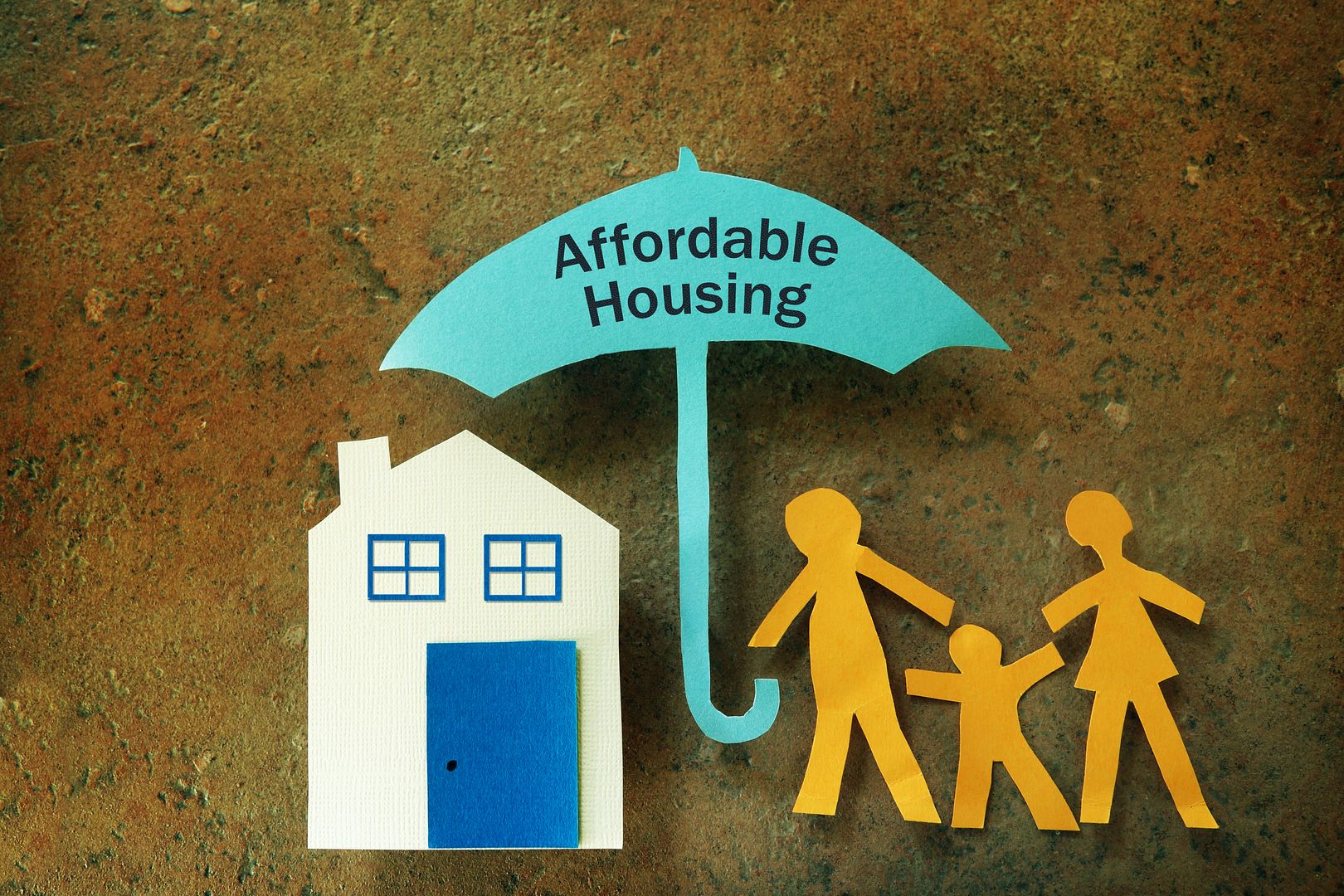California Governor Gavin Newsom says unaffordable housing is an “existential threat to our state’s future,” and he’s making an example of Huntington Beach.
State affordable housing mandates have been around since Ronald Reagan was governor, but they’ve seldom been enforced—until now.
The state filed suit against Huntington Beach last Friday to compel city officials to set aside more sites for low-income housing, the first such case to be brought under a law enacted in 2017.
Under that law if cities and counties don’t have affordable housing targets that “substantially” comply with the state Department of Housing and Community Development’s guidelines, they can be deemed out of compliance, and the state can sue.
Yet not only are these guidelines expressly “advisory,” more than 50 other cities haven’t met their state-recommended housing targets, either. Which begs the question: Why single out Huntington Beach?
Perhaps Gov. Newsom’s suit against Huntington Beach would be a little more understandable if his own city of San Francisco were a shining beacon of affordability or livability instead of an overpriced mess.
Its cost of living there is now so high that a family of four making over $117,000 annually is considered low-income and qualifies for government housing assistance. Yet San Francisco’s standard of living is so low residents routinely contend with trash-strewn streets, crime scenes, open-injection drug use, and poop patrols cleaning human feces off the sidewalks.
Little wonder that Bay Area residents, rich and poor alike, are moving away. So are many families with children, citing high costs, long working hours, and cramped living conditions.
Huntington Beach should not be scapegoated for California’s affordable housing morass. If Governor Newsom really wants to fix the problem, he should take housing mandates and regulations to task instead. As California Globe Editor Katy Grimes explains:
What’s lost in this mandate is that even if the cities were “in compliance,” there’s no requirement in the legislation to build. Additionally, cities don’t build houses, developers do. With all the regulatory and licensing obstacles in place, developers already have difficulty building in California, much less “affordable housing.” The estimate of city/county/state fees and licensing costs is $100,000 per home, before ground is even broken, depending on the region.
Even elected city and state officials from the Bay Area, where Governor Newsom served as San Francisco mayor for two terms, admit that the state’s affordable housing mandates are a “shell game,” “an “illusion,” “completely ineffective,” and state lawmakers have known it for years.
Experts also routinely point to California as a cautionary tale about over-regulation. In fact, houses there can cost between $500,000 and $1 million more than they would elsewhere because of the hefty regulatory burdens imposed through environmental, zoning, parking, and other mandates, not to mention expensive, bureaucratic permitting requirements.
Removing regulatory barriers is a leading recommendation for making housing more affordable—one even the Obama administration embraced. But it seems the Governor missed the memo.
Responding to Gov. Newsom’s lawsuit, State Senator John Moorlach (R-Costa Mesa), who represents Huntington Beach, said:
…I have labored diligently to reduce the cost of housing in California so every person and family could afford a roof over their heads. That includes attempts to reform the California Environmental Quality Act, address infill constraints, and create opportunities for denser housing near transit centers. However, the state government continues to erect more burdensome obstacles in the form of higher taxes on real estate transactions and more regulatory hurdles, rather than houses. Additionally, the dark cloud of litigation hangs over the heads of developers who want to make good on the idea of affordable housing. …If the Governor thinks that using heavy-handed litigation tactics that will divert the city’s time, energy and resources to respond to obstructive and otherwise frivolous lawsuits will help them achieve their goals, then he needs to re-evaluate his priorities.
Until that happens, Californians are about as likely to find affordable housing as they are to find a unicorn trotting down the Pacific Coast Highway hauling groceries in plastic bags.


